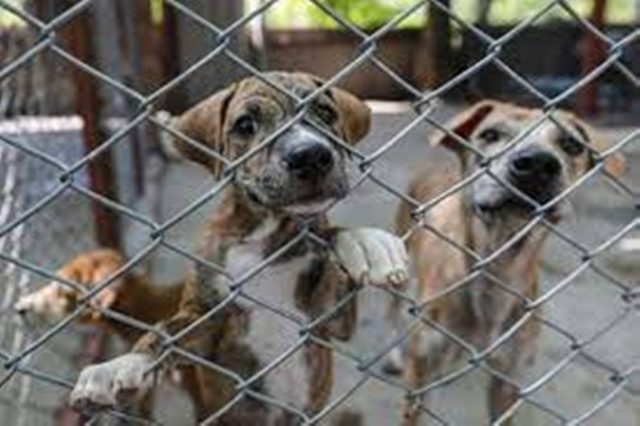The cases of animal abuse in Costa Rica are part of the daily problems in the communities, whether due to poisonings, car accidents, assaults or injuries caused by humans. Unfortunately, it is part of the news events, cases of dogs attacked with machetes, and cock fights, among others.
Let us remember that the Law against animal abuse was approved at the beginning of 2017 after six years of requests and the presentation of the citizen initiative text by organizations that requested legal improvements that would protect animals from the daily abuse suffered.

Among the articles of this law are the following:
– In the case of the prison sentence of three months to one year: this will apply to those who intentionally cause the death of a domestic or domesticated animal, who cause damage that causes a weakening of their health or causes intense pain to a domestic or domesticated animal, those who perform sexual acts with animals, who practice vivisection of animals for purposes other than research and those who promote or carry out fights between animals of any species.
– In the case of fines that amount to between a quarter and a half base salary: these apply to those who promote or carry out breeding, hybridization or training of animals to increase their danger, who do not collect the faeces of their companion animals on public roads, those who do not guarantee their animal the minimum cleaning conditions, those who abandon their domestic animals and those who attack and injure a domestic or domesticated animal.
So this law guarantees a certain level of respect and rights to domestic or domesticated animals, but so far it does not include other animals such as arachnids and wildlife, unless they live with man, also show animals that comply with current legislation, agricultural or fishing activities, those for the purpose of improvements in sanitary control, reproductive control or hygiene, those that are carried out for the protection of crops, those that have regulated research purposes, activities legal breeding and transportation, the training of assistance animals for people with disabilities and animals used for human safety or fighting crime. The law punishes with jail those who intentionally hurt animals, that is, traffic accidents, for example, are not punished unless the abuses are intentional.
Here are the steps to properly file a complaint with the National Animal Health Service (Senasa):
– Locate the headquarters of the regional address that corresponds to the case to file the complaint through the official page of Senasa and the contacts tab.
– Fill out a form that you can send by email or hand-deliver.
– If you have the possibility to do so, attach the related photographs and videos to the case, this will allow it to be classified as urgent or not, these resources are very useful for Senasa, since they facilitate the process against the person denounced.
– Indicate the exact address and as detailed as possible in which the events occurred or continue to occur according to each case, without this information it is impossible to personally assist the abused animal.
After following the steps described above, the complaint goes to a study process of 10 days, after this period of time Senasa will respond that it will attend the complaint made, visit the indicated place to confirm the information provided on the case and determine if the solution requires preventive measures or confiscation of the animal in order to get it a new home.
If the complaint is made anonymously, you will not be informed of the resolution of the case, but it is important to point out that in all cases the information of the person who filed the complaint does not reach the defendant to avoid conflicts.
Senasa’s contact number is: +506 2587-1600
The e-mail for inquiries to Senasa is: [email protected]
The hours of the regional addresses of Senasa are: Monday to Friday from 8:00 a.m. at 4:00 p.m.

